

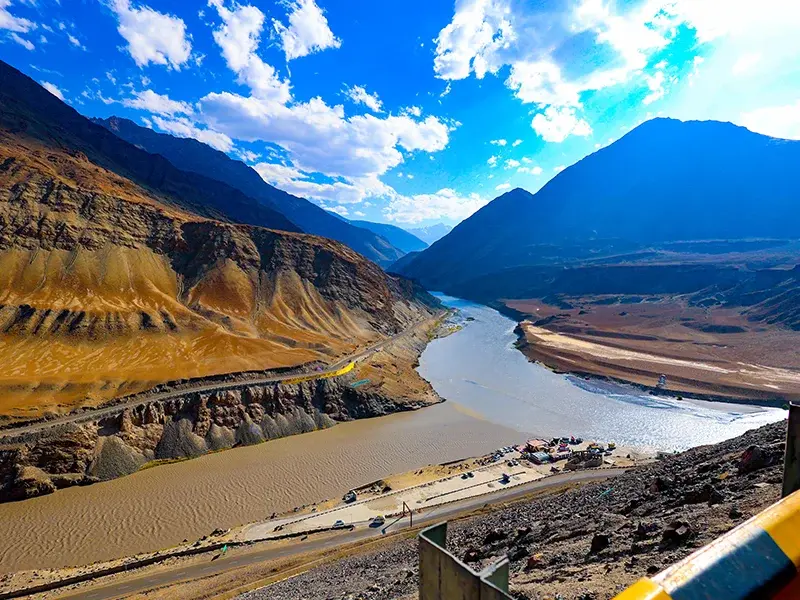
Sangam Point Leh is one of Ladakh’s most photogenic and naturally fascinating spots, where the Indus River flowing from Tibet meets the Zanskar River originating from the Zanskar range. This meeting takes place at a village called Nimmu, roughly 35 km from Leh. The term "Sangam" means "confluence" in Hindi, and here it represents not just the merging of rivers but of cultures, landscapes, and energies.
Histo ...

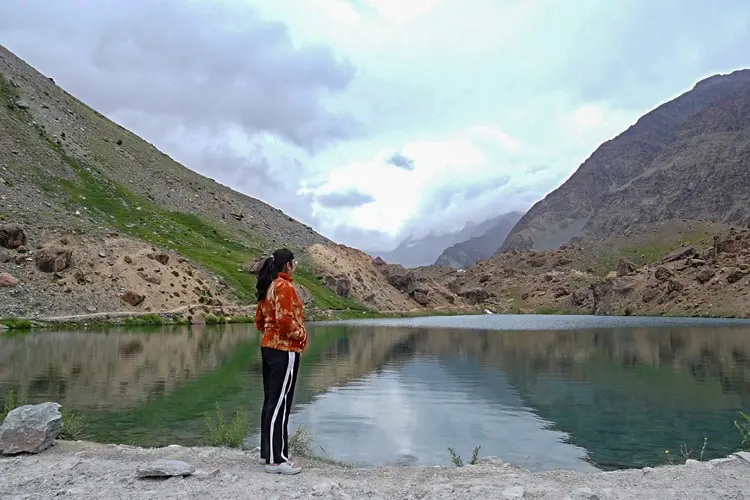
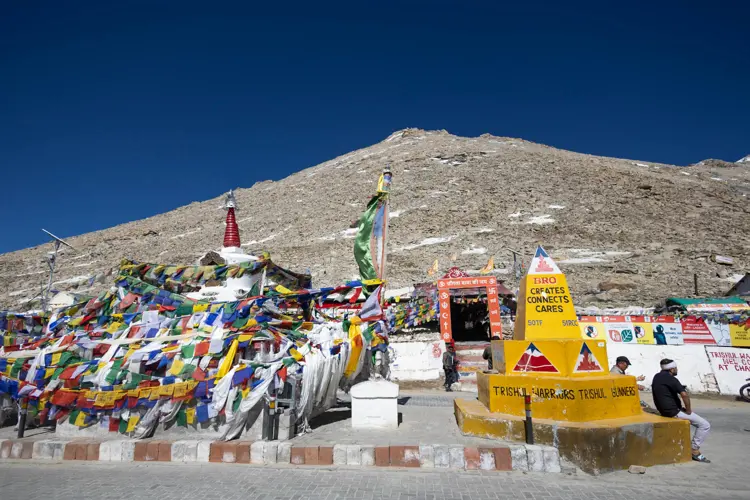
 1.jpg)
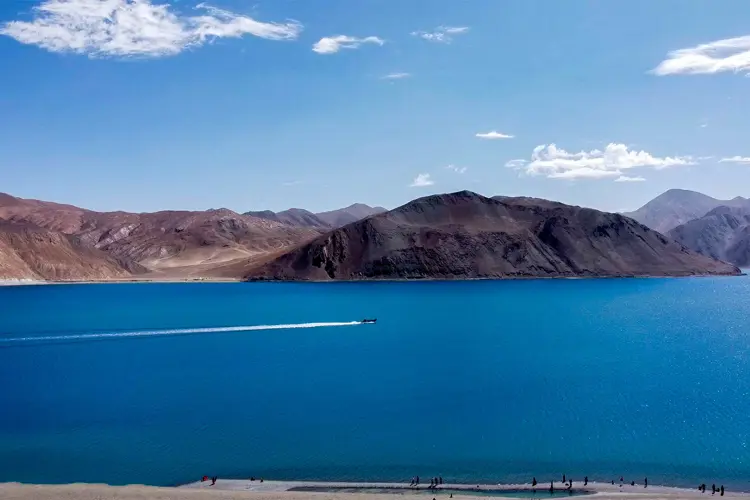
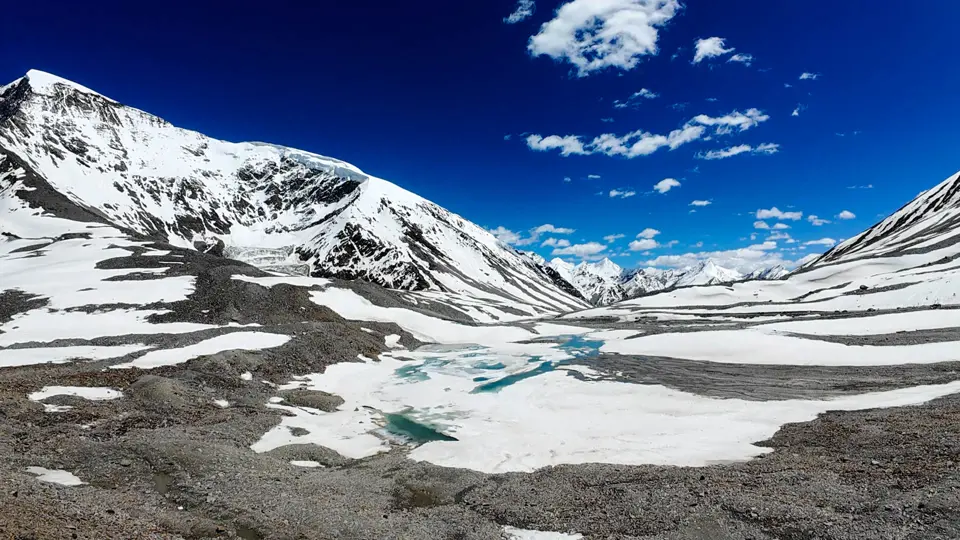
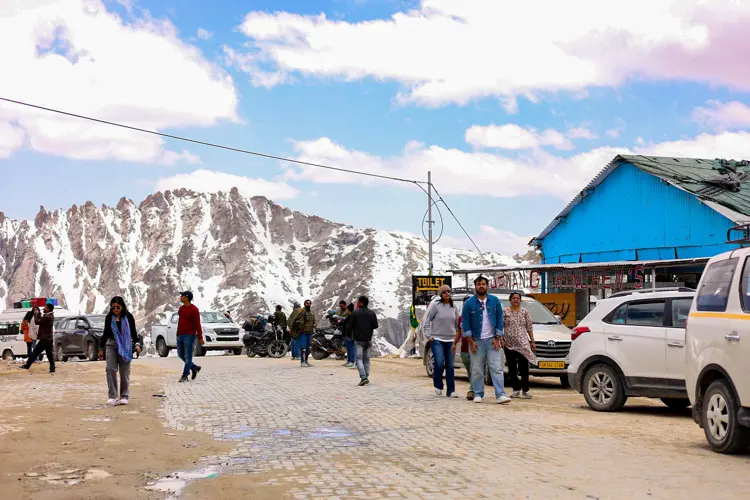
 4.jpg)

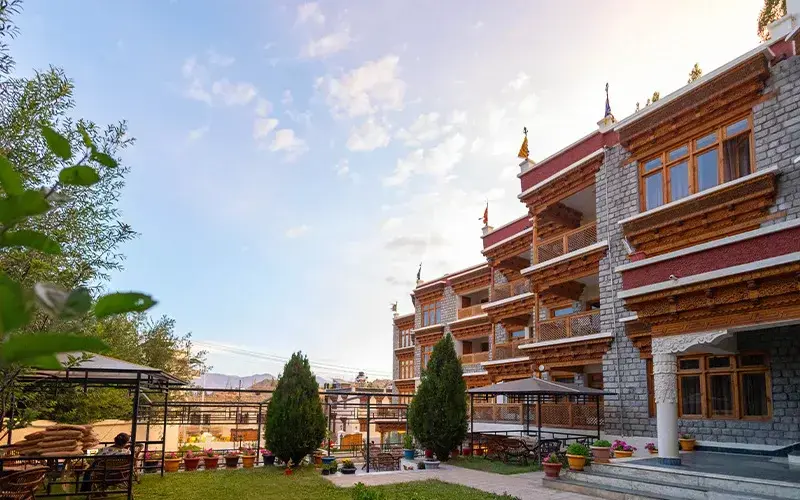
Hotels In Leh Ladakh
Experience peaceful stays amid mountains, lakes, and clear skies.
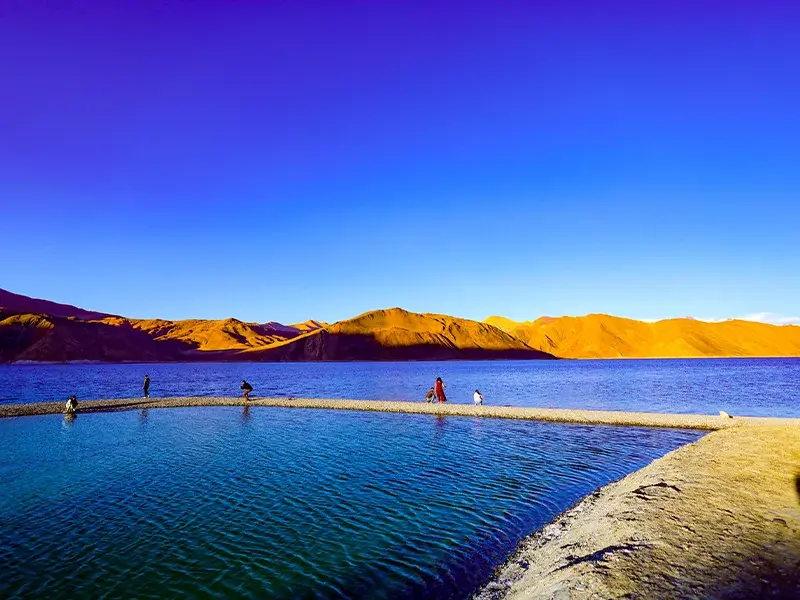
Packages Of Leh Ladakh
Experience Ladakh’s mountains, lakes and culture with our curated packages.
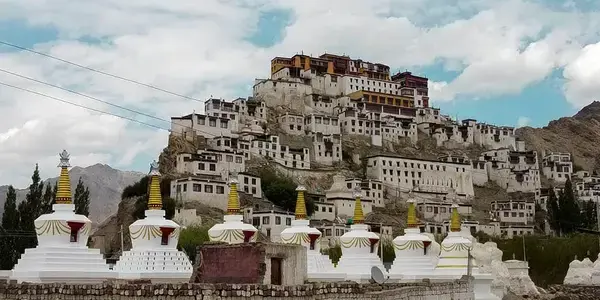
Places To Visit In Leh Ladakh
Best Places to Visit in Leh Ladakh for an Unforgettable Trip
.webp)
Blogs Leh Ladakh
High-altitude adventures and serene Tibetan-style landscapes
.webp)
Images Of Leh Ladakh
Explore Ladakh’s raw beauty through real and scenic images.
Hotels In Leh Ladakh
Packages Of Leh Ladakh
Places To Visit In Leh Ladakh
Blogs Leh Ladakh
Images Of Leh Ladakh
🌞 Best time: May to October – both rivers are visible and unfrozen
🚣 Rafting available in Zanskar (starts at Chilling, ends at Sangam)
🧥 Carry a light jacket – weather changes quickly
🧘 Great spot for peaceful meditation or journaling
🚻 Public toilets available near the rafting point
🛒 Small stalls sell tea, snacks, and souvenirs
📸 Early morning and late afternoon = best light for photos
🧭 Can be visited along with Magnetic Hill, Pathar Sahib, and Hall of Fame
🕊️ Very quiet on weekdays – avoid Sunday crowds
🧳 No permit needed – easily accessible via main Leh–Kargil highway
🍜 Thukpa – warm noodle soup available at roadside cafés
☕ Butter Tea – energizing and traditional drink to try
🥟 Momos – both steamed and fried available near Nimmu
🫓 Tingmo with vegetables or lentils – local and filling
🍲 Chutagi – traditional flat dumpling stew
🍫 Dry fruit packets & apricot bars – sold near Sangam for trekking/snacks
🍯 Local Ladakhi herbal tea – available in cultural cafés nearby
📸 Take drone or DSLR shots of the color contrast between the rivers
🚣 Book a half-day rafting trip on the Zanskar River
🧘 Practice meditation or yoga beside the riverbanks
👣 Walk down to the shore and touch the icy waters
📖 Learn from the signboards about the cultural and geological significance
🧺 Have a packed lunch picnic while watching the rivers merge
🧗 Visit rafting base camps to meet local adventure guides
🏞️ Climb small ridges nearby for a panoramic view
🎒 Combine with Magnetic Hill, Pathar Sahib, Hall of Fame for a day trip
📿 Shop for prayer flags or local handmade jewelry at small stalls
🪨 Magnetic Hill – optical illusion spot, ~6 km
🛕 Gurudwara Pathar Sahib – spiritual and peaceful, ~8 km
🪖 Hall of Fame Ladakh – army museum, ~25 mins away
🛍️ Leh Market – for food, souvenirs, & Tibetan artifacts (~45 min)
🏰 Leh Palace – 17th-century royal residence
May to October – when both rivers flow visibly in distinct colors
Sangam Point Leh is one of Ladakh’s most photogenic and naturally fascinating spots, where the Indus River flowing from Tibet meets the Zanskar River originating from the Zanskar range. This meeting takes place at a village called Nimmu, roughly 35 km from Leh. The term "Sangam" means "confluence" in Hindi, and here it represents not just the merging of rivers but of cultures, landscapes, and energies.
Historically, this point has been a crossroads of civilizations. The Indus River gave rise to one of the world’s oldest civilizations, while the Zanskar region remained an isolated Buddhist kingdom. Traders, monks, and even armies have passed through this confluence. Locals believe that the sacred waters of both rivers offer spiritual cleansing, and small rituals were once performed here by monks during their long journeys.
The most remarkable feature of Sangam Point Leh is the visual contrast—especially visible in summer—when the greenish-blue Indus sharply meets the muddy brown Zanskar, and they flow side by side before merging. This natural division is not only beautiful but symbolic of harmony despite differences—a philosophy deeply rooted in Ladakhi culture.
Today, Sangam Point is also popular for rafting, photography, and meditation beside the mighty waters.
🌊 The Zanskar River freezes in winter, becoming the Chadar Trek route
🌈 In summer, you can clearly see the color difference between both rivers
🏞️ Located in the Nimmu village, a traditional Ladakhi settlement
🚣 Offers white water rafting adventures (May–August)
🛕 Ancient Buddhist routes passed through this confluence
📸 One of the most photographed natural spots in Leh
📅 Best time to visit: May–October (rivers are not frozen)
❄️ In January, the Zanskar becomes a walking trail for locals
🧘 Many visitors meditate by the rivers due to the serene vibe
⛺ Earlier used as a resting point for nomads and monks
🕉️ The River of Blessings
Centuries ago, Buddhist monks on pilgrimage believed that bathing at Sangam washed away worldly attachments. A famous monk once paused here for 7 days, meditating at the junction of the two rivers. It is said that during his prayers, the wind stopped and the rivers became unusually still — as if nature itself was listening.
📷 The Accidental Explorer
A tourist en route to Magnetic Hill took a wrong turn and stumbled onto Sangam Point at sunrise. The mist rose slowly, revealing the color divide of the rivers like liquid silk. He stayed for hours in silence. That visitor went on to make a documentary on Ladakh — and it all started from that unexpected stop at Sangam.
The Himalayan Mountains are a majestic mountain range in South Asia, spanning five countries. They boast the world's highest peaks, including Mount Everest. These young, growing mountains feature rugged, snow-capped peaks, deep valleys, and glaciers. The Himalayas influence regional climate, harbor unique biodiversity, and hold cultural and spiritual significance. They attract adventurers, nature lovers, and spiritual seekers from around the world.